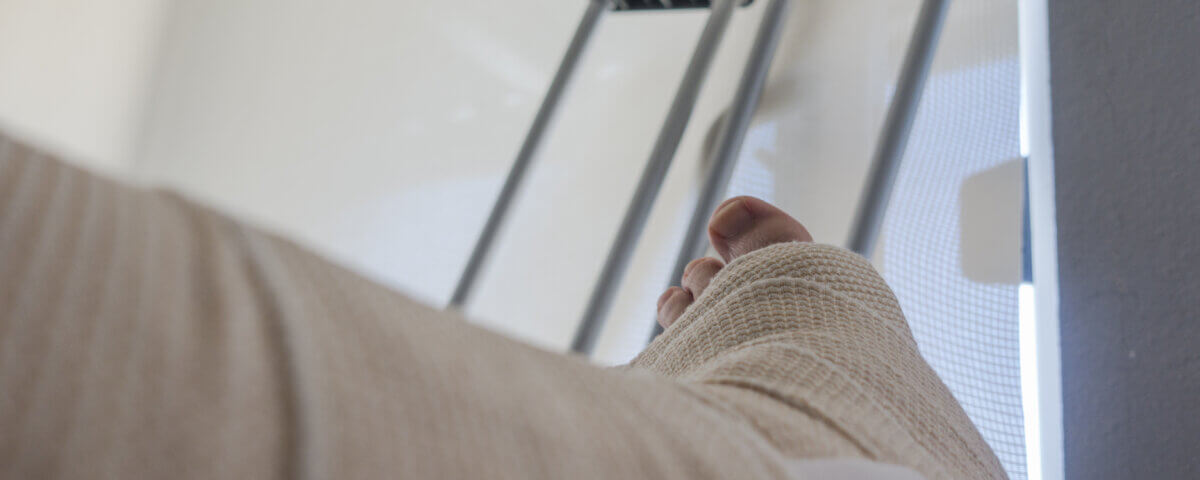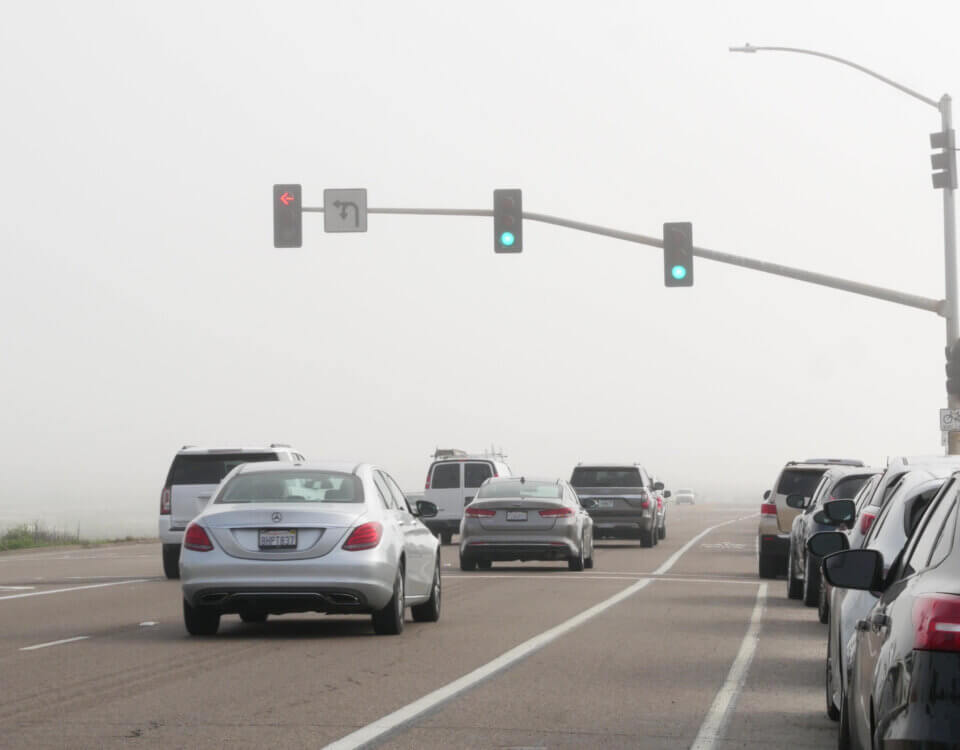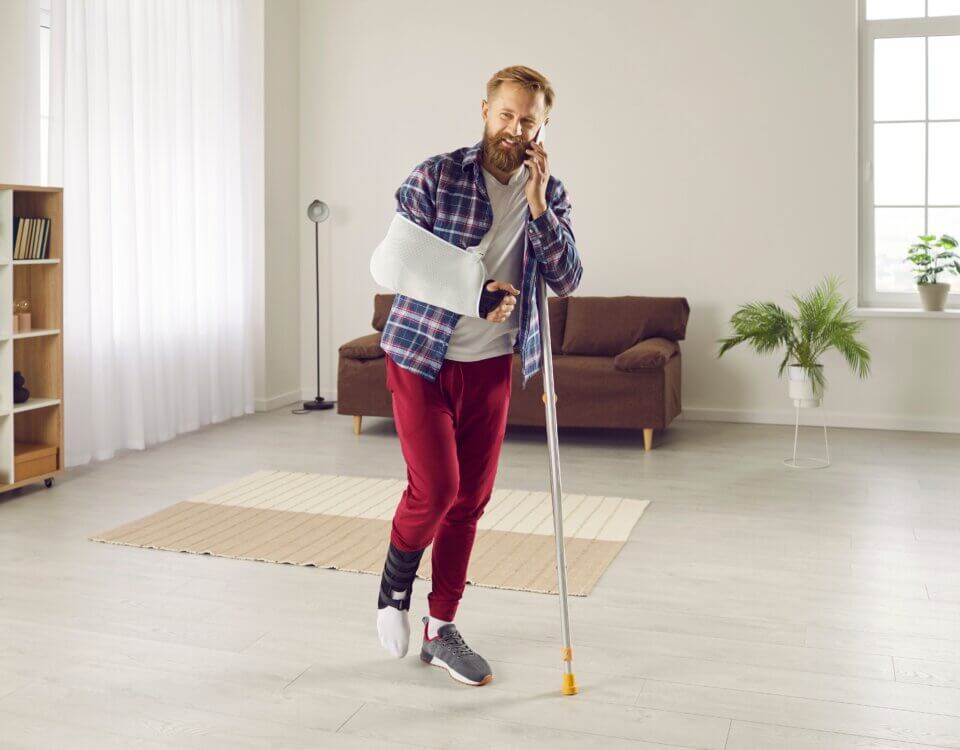In California, personal injuries that occur on commercial properties are more common than many realize. From slipping on a wet floor in a grocery store to sustaining injuries due to faulty equipment at a gym, there are many ways a business could be held legally responsible. If you’ve been injured on someone else’s property, you may be entitled to compensation under California’s premises liability laws.
Below, our legal team at Hillstone Law outlines the key scenarios where a business may be held liable for personal injury and what you need to know if you’re considering filing a claim.
Negligence is the Foundation of Most Personal Injury Claims
Most personal injury lawsuits against businesses are based on negligence. To succeed in a negligence claim, you must prove four key elements:
- Duty of Care – The business had a legal obligation to maintain a reasonably safe environment.
- Breach of Duty – That duty was violated (e.g., failing to clean up a spill).
- Causation – The breach directly caused your injury.
- Damages – You suffered actual harm, such as medical expenses, lost wages, or pain and suffering.
Whether you’re a customer, visitor, or even an employee, businesses have a duty to keep their premises safe.
Businesses Have a Legal Responsibility to Visitors
California law recognizes that businesses owe different levels of responsibility depending on the status of the person on their property. Here’s how visitors are generally classified:
Invitees (Customers and Clients)
An invitee is someone invited onto the premises for a business purpose such as shoppers at a retail store or patients at a clinic. Businesses owe the highest duty of care to invitees, including:
- Regularly inspecting the property for hazards
- Fixing known issues promptly
- Posting visible warnings about potential dangers (e.g., “Wet Floor” signs)
Licensees (Social Guests)
A licensee is someone who enters the property for their own purpose, such as a friend visiting a business owner. While the duty of care is slightly lower than for invitees, property owners must still warn licensees about known dangers that aren’t obvious.
Trespassers (Unauthorized Visitors)
Businesses owe the least duty of care to trespassers individuals who enter the property without permission. However, businesses cannot intentionally harm trespassers or create hidden dangers like traps, even if the person is unlawfully on the property.
What Courts Consider When Determining Business Liability
California courts apply a “reasonableness” standard to evaluate whether a business acted appropriately. Some factors that may be considered include:
- Did the business regularly inspect for and correct hazards?
- Were warning signs posted where needed?
- Was the area properly maintained and cleaned?
- Did the business follow standard industry safety practices?
Expert testimony is often used to evaluate whether the business met its duty of care based on common practices in the same industry.
Failure to Act Can Lead to Legal Consequences
Once it’s established that a business had a duty of care, the next step is proving they failed to meet that duty. For example:
- A spill in a supermarket aisle is left unattended for hours
- Warning signs weren’t posted in a recently mopped area
- A known electrical hazard wasn’t repaired despite repeated complaints
Any of these could constitute a breach of duty if it led directly to someone’s injury.
Causation and Damages Must Be Proven
To hold a business legally responsible, you must demonstrate that:
- Their negligence directly caused your injury
- You suffered actual damages, such as:
- Medical bills
- Lost wages or income
- Ongoing pain and suffering
- Emotional distress
These damages must be supported with proper documentation, including medical records, employment records, and expert evaluations if necessary.
When to Contact a Personal Injury Attorney
Proving liability in a premises liability case can be complex, especially when businesses and insurance companies push back. Working with an experienced attorney can make a significant difference in the outcome of your case.
At Hillstone Law, our personal injury attorneys understand California liability laws inside and out. We’re here to evaluate your situation, gather evidence, and fight to recover the compensation you deserve.
Injured on a Business’s Property? We Can Help.
If you or a loved one has been injured on commercial premises due to unsafe conditions, don’t try to take on the legal system alone. Hillstone Law is here to hold negligent businesses accountable and secure justice for our clients.
Note: These blog posts are created solely for the use of Hillstone Law. The information is gathered from internet research, publicly available sources, and artificial intelligence (AI) tools such as ChatGPT. While we aim to share helpful and educational content, Hillstone Law does not independently verify every detail. Some information may be incomplete, outdated, or subject to change without notice. If you believe any part of a post is inaccurate, misleading, or infringes upon copyright, please contact Hillstone Law immediately so we can review it and take appropriate action, including correction or removal.
Disclaimer: The material provided in these blogs is for general informational purposes only and should not be considered legal advice. Reading these posts does not create, and is not intended to create, an attorney-client relationship with Hillstone Law. Our intent is to share knowledge, raise awareness, and provide helpful resources to the public; however, Hillstone Law makes no warranties or guarantees about the accuracy, completeness, or reliability of the information provided, and expressly disclaims liability for any actions taken in reliance on it. The photos used in these posts are for illustrative purposes only and do not depict actual clients, individuals, or incidents unless expressly stated. If you or a loved one has been injured in an accident, please contact Hillstone Law at (855) 691-1691. Our attorneys are available to answer your legal questions and help you understand your rights.







